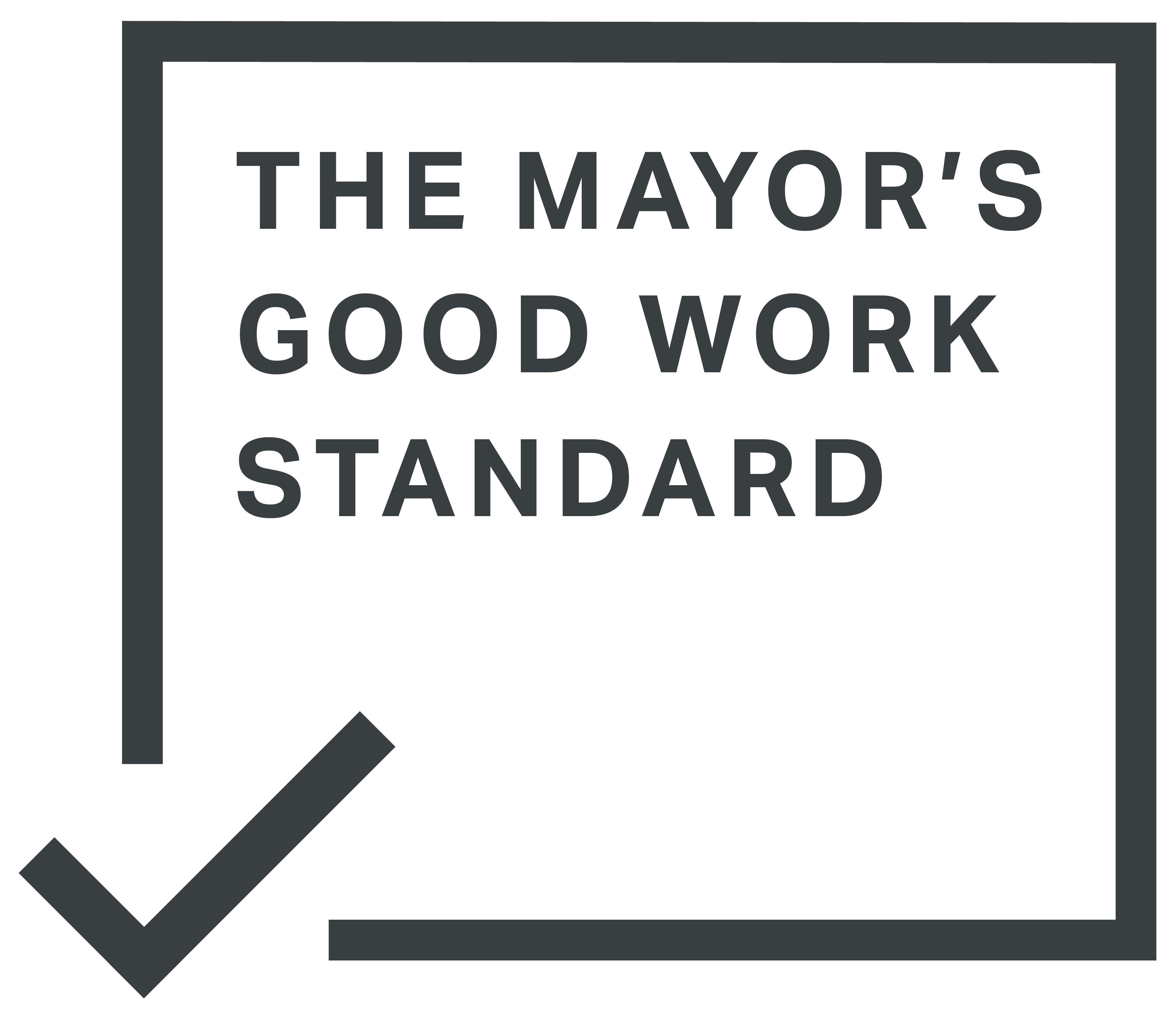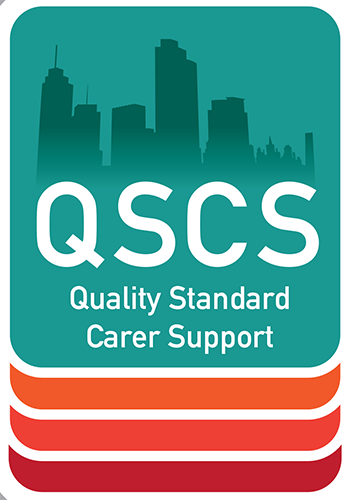Research released by the Prince’s Trust in September 2020 reveals, “The aspirations of young people aged 16-25 in the UK are now lower as a result of the pandemic.”
This is an alarmingly tragic reflection of where young people find themselves.
It is not difficult to see why.
The Covid-19 pandemic has disproportionately affected young people across the country, whether it be disruption to schooling and exams, a reduced university experience or a disproportionate rise in youth unemployment.
This need not be the case and our nation’s colleges are best placed to help shift, shape and raise young people’s aspirations to reflect, embrace and sometimes challenge the changes that will exist in a post-pandemic Britain.
The question is, how?
Just over a year ago, I had been considering a way to boost the aspirations and hopes of our young people. This was at the time, a side-project, a response borne from seeing a shift after the Brexit vote and a sense of increased apathy and reduced hope among many young people.
As I said, it was initially a response to what I had seen emerge from Brexit. However, I believe it is more relevant today because of Covid-19.
The project, named ‘Big Picture’, works as a series of events and resources that would inspire students to actively think about their future, their career and how, no matter what role they play, they are making a valuable contribution to the economic and social security of the United Kingdom.
The intention is not to focus so much on the now, but to look ahead. What jobs could and will exist in the future in 5, 10, even 30 years’ time?
Take a hard-hit sector such as travel & tourism. The immediate focus is to protect the sector as much as possible and then to concentrate efforts on rebuilding. Part of this rebuild will be exploring industries that were previously far-fetched plots in old sci-fi films, but now seem a reality. Space tourism comes to mind.
The Government is currently undergoing a consultation with the public to help shape “Spaceport and spaceflight activities: regulations and guidance”. The UK already has a strong aerospace sector and opening us up to space tourism companies could create many more jobs in a sub-sector that has only just begun to exist. Jobs for students in engineering and science initially come to mind, but construction students will build the ports, business students will run a smooth company, travel students will provide the marketing and lawmakers and lawyers will be required to create and navigate the legislation new industries demand.
It is no longer enough to talk to students about the careers of today. Colleges must embrace the unknown and talk about careers of the future and how today’s careers will evolve.
The Prime Minister has recently announced the start of a new 10-point plan for a green industrial revolution. One that would also lead to new industries and new green jobs, helping the UK meet the 2050 net-zero carbon emission target.
This is a positive step and young people will be at the helm of this change, leading us into the future.
Space tourism, electric and driverless cars, artificial intelligence. They may all be at the early stages now, but in 30 years’ time they could be the norm.
The content within the ‘Big Picture’ campaign is not new. Curriculum does teach for the future. But in this hopefully brief era with economic and social uncertainty maybe a dedicated, even cross-college campaign is required to tie it all together and foster discussions among our young people and ourselves to show that, if we look towards the future, things will be a little brighter.







